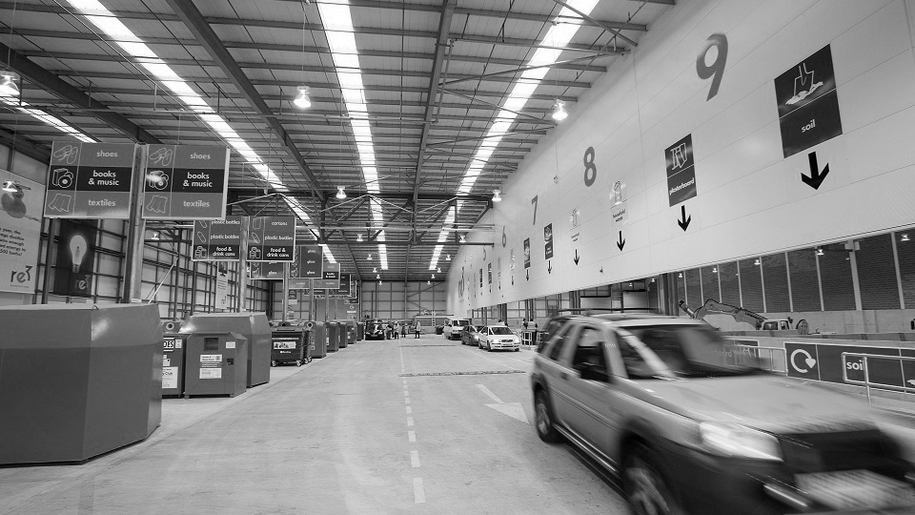725 results found
Featured results



More results
The Global Infrastructure Hub (GI Hub) is pleased to announce the appointment of Marie Lam-Frendo as its new CEO, effective 28 January 2019.
The Infrastructure Knowledge Exchange (IKE) is Global infrastructure Hubs' (GI Hub) database of categorised infrastructure resources. The tool has been created to help Infrastructure professionals globally, to easily find resources that pertain to infrastructure tools, data, publications, organisations, reports and, news.
The PPP Contract Management Tool provides public sector officials with practical guidance and case studies, so that those responsible for managing contracts after financial close are better able to ensure project objectives and value for money.


ndustry 4.0 can be characterized by the integration of autonomous robots and machinery and other smart technologies. It is a move toward smart technology in manufacturing with a focus on connectivity.



For this year’s edition, we reached out to more than 10,000 people in 10 major global cities to ask about their everyday experiences with infrastructure services. How satisfied and safe do they feel with their roads and bridges, rail services and utilities? How engaged are they in the decision-making processes for new projects that can improve lifestyles and drive new economic growth?


Tackling the global infrastructure gap remains a priority for governments to drive inclusive growth and deliver quality infrastructure projects for their citizens.





A practical guide for governments, informed by a country-lens review of leading practices


How can governments deliver quality infrastructure outcomes?

The Global Infrastructure Hub (GI Hub) has released a new reference tool to help governments lay the foundations for strengthening project preparation processes and capacities in order to prepare bankable and sustainable projects—a prerequisite for tackling the substantial global infrastructure gap.



The reference tool on Governmental Processes Facilitating Infrastructure Project Preparation closely examines the relationships between countries institutional arrangements for project preparation, funding programs, project identification, feasibility studies and project structuring, through the lens of country-level governance and implementation. This initiative closely aligns with the G20 Principles for Project Preparation endorsed by the G20 Leaders in November 2018.


The circular economy is now core policy for a growing number of countries with leadership from Finland, the European Union and Canada, but it is also taking a strong hold in Asia as Japan and China implement circular economic policies to transition them to a sustainable inclusive future.
This report outlines how policy makers should focus on improving access to safely managed wastewater management services, providing several revelant examples from the region of Japan.

This study is a comprehensive, empirical analysis of the linkages between governance, institutions, and regional infrastructure.

InfraChallenge is an innovation competition aiming to accelerate the global infrastructure industry. We are looking for the next digital solution to help solve one of the big infrastructure issues globally. Here are the top 5 reasons to enter.
Contractual disagreements and disputes are common in PPPs during both construction and operational periods.
his paper introduces a model describing the full financial realities of FSM projects; a methodology for quantifying the costs, direct effects, economic spillover effects and a toolkit to calculate their net present values and the overall program’s internal rates of return.

This report outlines how energy efficiency and water conservation are each important for the delivery of electricity and drinking water.

This report argues that development finance has largely been directed towards centralized systems of wastewater management this has resulted in large populations being excluded from proper wastewater collection and treatment services whereas spillover effects of proper sanitation, which include an increase in property tax revenues, can help to offset the costs of fecal sludge management.

This paper looks to determine the factors for the successful implementation of transit-oriented development (TOD) in Asian cities







 Visit the Infrastructure Knowledge Exchange
Visit the Infrastructure Knowledge Exchange




